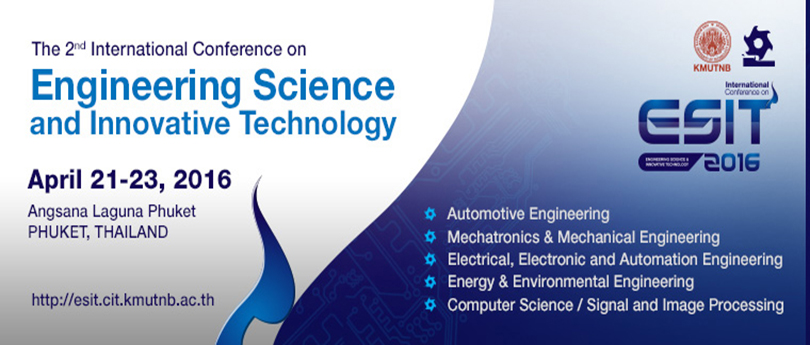บทคัดย่อ
Fuel crisis during the last few decades has encouraged the use of alternative fuels available in Thailand. Recently, the government has issued a renewable energy plan to increase ethanol production. This has emboldened ethanol to be used as a fuel for transportation. Initially, anhydrous ethanol has been blended with gasoline in different amounts for the current spark ignition (SI) engines. However, the anhydrous ethanol production needs water removal at a cost. Therefore, the use of hydrous ethanol in a SI engine is a choice to promote the policy and also save energy for ethanol production. To investigate the engine performance and combustion characteristics, this work studies the effects on an unmodified 4-cylinder port fuel injection Honda engine fuelled with gasohol (E10), anhydrous ethanol (E100) and hydrous ethanol (5% water content, Eh95). The hydrous ethanol fuelled engine can operate on low to mid loads with lower performance than that of gasohol. E100 and Eh95 consume more fuel than E10. Thermal efficiencies from both ethanol combustions are lower than those of gasohol, especially at low load. Hydrous ethanol combustion shows the lowest maximum pressure and heat release rate among the others. It is suggested that the possibility to calibrate for better engine performance and emission can be achieved.
คำสำคัญ : Anhydrous Ethanol, Combustion, Engine performance, Gasohol, Hydrous Ethanol




